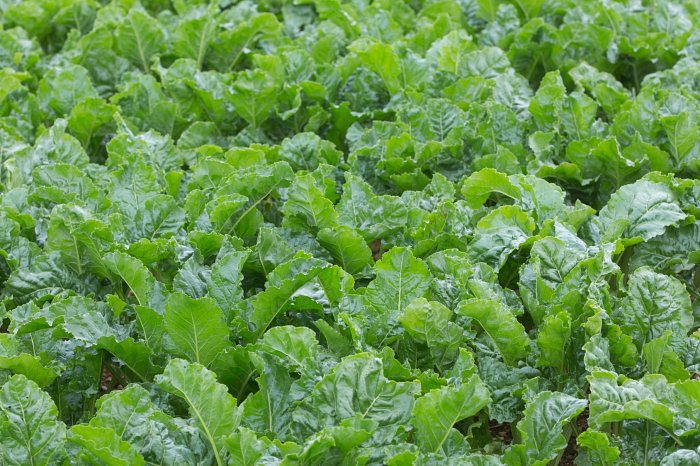
Latest news
All recent news from British Sugar
British Sugar welcomes outcome of Government’s gene editing consultation
29 September 2021

We welcome the outcome of the Government’s public consultation on the future of gene editing, announced by the Environment Secretary George Eustice MP today.
The response to the consultation outlines that the Government will, in the first instance, ease unnecessary burdens related to research and development work involving plants developed using gene editing, which will allow scientists to carry out field trials on the safety and benefits of the techniques. Following this, ministers will seek to introduce new legislation to amend the regulatory definitions of gene-edited organisms, as well as consider what regulatory measures are needed to enable gene-edited crops to be brought to market.
In sugar beet, the ability to use gene editing techniques could help our industry to protect the crop from diseases such as Virus Yellows, through making it more resistant to the disease, while reducing the use of plant protection products. This will help British farmers to contribute to food security needs, as well as national and global sustainability targets.
British Sugar’s Agriculture Director Peter Watson commented, “Today’s announcement is excellent news for the British beet sugar industry, and we look forward to considering the next steps in progressing our plans to use gene editing as one of our tools to protect the sugar beet crop in the future. We will review the details in the Government’s response closely, as we look to further our cross-industry research in this area.”
Notes to editors:
- The Government’s full consultation response can be found here.
- Gene editing refers to techniques that can be used to change a selected, very specific sequence within the genome of a crop. It would allow existing natural gene changes seen in crops including sugar beet to be hastened through modern techniques.
- Gene editing does not introduce any new genes from other species, as is the case with genetic modification.





